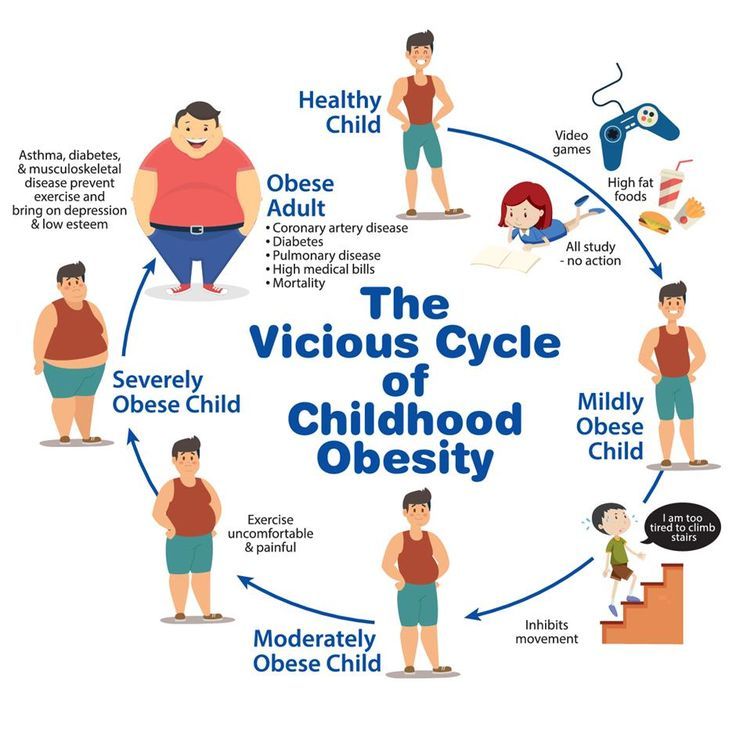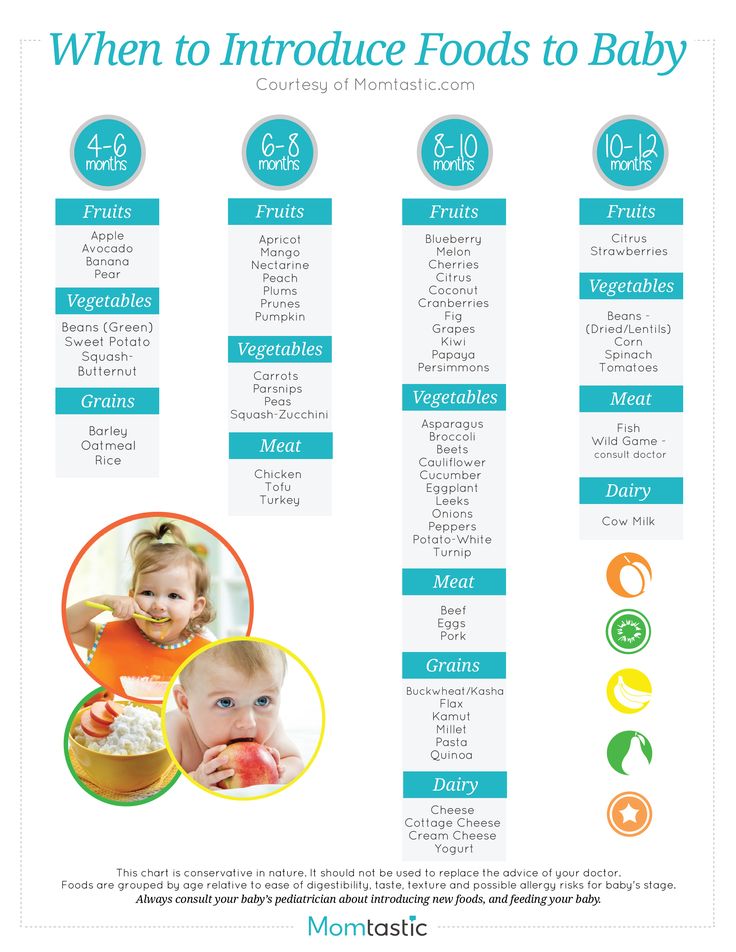How does homeschooling affect a child
What the Research Says on Socialization
There is a large body of research focused on whether or not children who are homeschooled are well-socialized. Most of this research finds that being homeschooled does not harm children’s development of social skills, as measured in these studies. In fact, some research finds that homeschooled children score more highly than children who attend school on measurements of socialization.
However, this research has major limitations, and does not reflect the experiences of many homeschool alumni. In their 2020 review of the literature on homeschooling, researchers Robert Kunzman and Milton Gaither noted that studies of homeschooling and socialization have three major limitations:
- Studies typically draw on a volunteer sample of homeschooled students, and as a result likely oversample children whose parents are more engaged;
- Studies typically rely almost entirely on home educators’ and homeschooled children’s self-reports, and not on neutral assessments of children’s social skills;
- Studies typically “treat school attendance as a binary,” and do not take into account whether children attend school part-time or are enrolled in co-ops.
The two widest-reaching studies of homeschool graduates have had very different findings. In 2004, homeschooling parent Brian Ray recruited 5,254 homeschool graduates to participate in a study which he promised would show that homeschooling was effective; perhaps unsurprisingly, his findings were largely positive. In 2014, Homeschool Alumni Reaching Out (HARO) conducted its own survey of 3,702 homeschool graduates; when we analyzed this data for HARO, we found much more mixed results. In the HARO survey, roughly 25% of respondents reported poor or very poor socialization; the quality of socialization respondents reported predicted how prepared they felt for the future. However, even this study is likely limited by whether respondents interpreted socialization to mean only social interaction, or also the development of a greater social fluency.
Only one survey of homeschool graduates has used a randomly selected sample: the Cardus Education Survey (2011). This survey, which compared and contrasted the educational experiences of adults aged 24 to 39 who grew up in religious homes, found that graduates of homeschools were more likely to report “lack of clarity of goals and sense of direction” and “feelings of helplessness in dealing with life’s problems” than conventionally schooled graduates.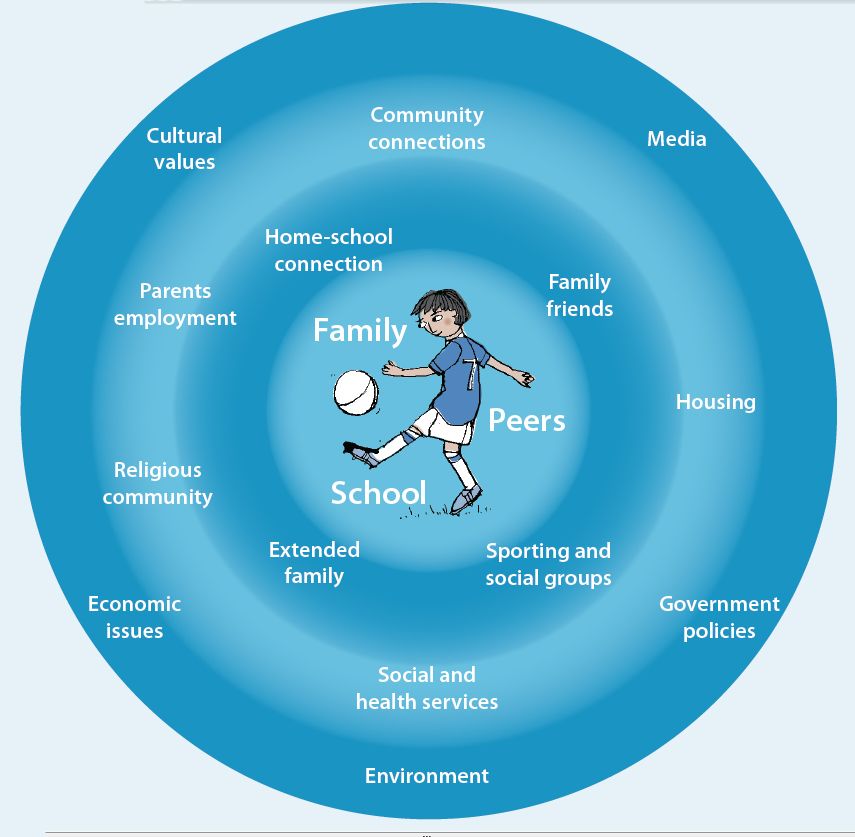 However, homeschool graduates were also more likely to report that they felt “prepared for relationships.”
However, homeschool graduates were also more likely to report that they felt “prepared for relationships.”
The term socialization refers to the process through which a child gains the social skills they need to effectively navigate the social norms and behaviors of the broader society. Children who are homeschooled (like all other children) need to build the “social fluency” that will enable them to negotiate a variety of different social situations, develop and maintain strong relationships, and work well with others in varying contexts.
Among homeschooling alumni in CRHE’s network, it is rare to meet a homeschool graduate who experienced no struggles with socialization, understood in this way. In some cases, homeschooled children have sufficient interaction with friends to meet their social needs, but are socialized primarily with other children who are also homeschooled; these individuals often go through a painful period of adjustment, learning unfamiliar social norms and cues, when they begin interacting with other peers, whether in college or in the workforce.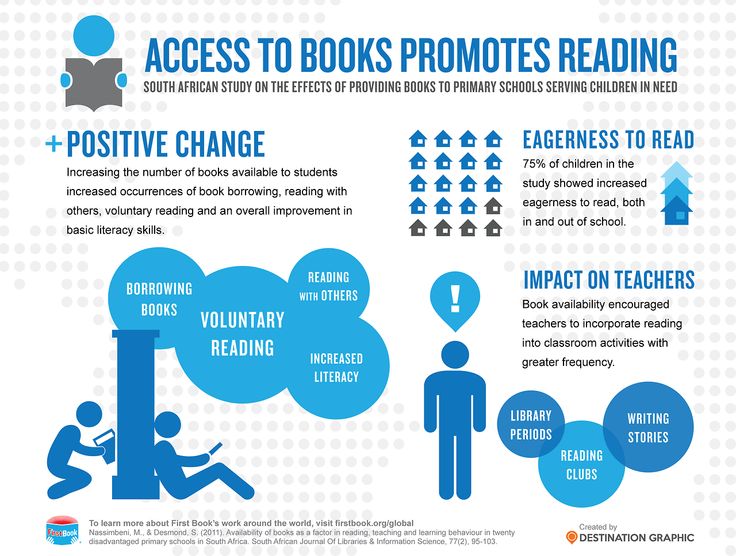
The term socialization can also refer to the process by which children learn to be tolerant and accepting of differences in a multicultural society by interacting with peers from diverse backgrounds. For all of these reasons, we advise home educators to ensure that their children make friends and interact with a variety of children, and not just with other children who are homeschooled or who are similar to them. When home educators socialize their children with different children in a variety of contexts, they can help ensure that their children will have the skills they need to succeed as adults.
Limited Research QuestionsFor all the research on homeschooling and socialization, there has been little to no research on the question that might prove most useful to parents who homeschool: What factors contribute to a homeschooled child being more or less well socialized?
Homeschooling is not a monolith. One homeschooled child may be involved in a soccer club, a homeschool music co-op, and a writing class, and have their friends over regularly besides, while another homeschooled child may have no outside activities and little interaction with friends. Whether the homeschooled children examined in a particular study are more or less well socialized than children who attend public school does not give a conscientious homeschooling parent any helpful information on what practical actions they can take to ensure that their child receives the socialization they need. It would be useful to know, for example, whether children who participate in homeschool co-ops, or public school or community sports leagues, or clubs at their local libraries, report better social outcomes.
One homeschooled child may be involved in a soccer club, a homeschool music co-op, and a writing class, and have their friends over regularly besides, while another homeschooled child may have no outside activities and little interaction with friends. Whether the homeschooled children examined in a particular study are more or less well socialized than children who attend public school does not give a conscientious homeschooling parent any helpful information on what practical actions they can take to ensure that their child receives the socialization they need. It would be useful to know, for example, whether children who participate in homeschool co-ops, or public school or community sports leagues, or clubs at their local libraries, report better social outcomes.
Research on the socialization of homeschooled children cannot tell an individual home educator what is best for an individual child, or whether an individual child who is homeschooled will be well socialized. In some cases, home educators later enroll their children in school because they find that they are unable to successfully meet their child’s social needs at home; in other cases, children who were bullied or experienced negative social environments in public school flourish in a homeschool setting.
Research on socialization needs to evolve to ask different questions. Given the individual nature of homeschooling, it is not as helpful to know whether homeschooled children overall perform well on specific academic measures of socialization as it would be to know what factors contribute to positive outcomes and what factors are associated with negative experiences.
Read more about homeschooling:
- What Is Homeschooling?
- Homeschooling by the Numbers
- Who Homeschools?
- Motivations for Homeschooling
- Academic Achievement
- What about Socialization?
- Homeschool Outcomes
- What Scholars Say
- A History of Homeschooling
- Our Research
What Does the Research Say About the Impact of Homeschooling on Academics and Social Skills?
How did I end up doing research on homeschooling?
In a 2014 radio interview, the host asked me what the data says about homeschooling.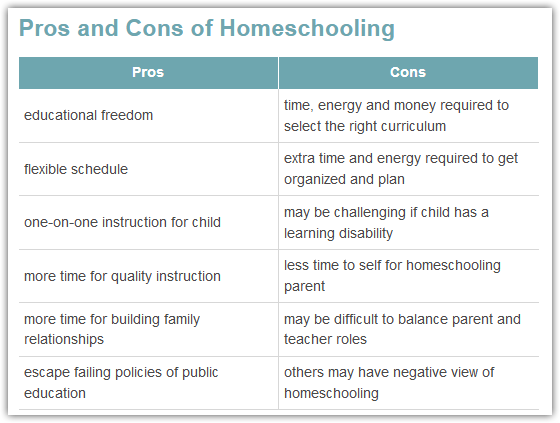 “Do homeschooled kids perform as well as non-homeschooled kids? Is there a negative impact on their social skills?”
“Do homeschooled kids perform as well as non-homeschooled kids? Is there a negative impact on their social skills?”
At that time I honestly had not done much research on the topic, so I could not give an accurate answer.
I politely said to the radio host, “That is not my area of expertise but I know people are concerned about the social impact it can have on children. However, some districts allow homeschooled children to participate in school-related extracurricular activities (i.e., sports) so they have an opportunity to be with their peers.”
After the interview, I wasn’t satisfied with my lack of knowledge on the subject so I decided to do my own research to let parents and educators out there know what the findings actually show.
First, some info before I present the findings…
I am not for or against homeschooling. I am simply providing data to make you more informed, so you have something to go on if homeschooling is something you are considering or if someone asks you about it.
Additionally, I could not capture all the data in a single article so I am reporting the most recent and thorough research I could find. I encourage you to do your own research if you want more information.
I also want to add that traditional homeschooling (as discussed in this article) is not the same as cyber school or virtual schooling.
Related Article: What is Cyber School Like: 10 Facts About the K-12 Experience
Two of the biggest concerns I have heard about homeschooling are that children do not have normal socialization experiences and this will affect their ability to relate to others, and parents are not certified teachers so how do we know that homeschooled students are getting a quality education.
Related Article: Homeschooling Today: Myth vs Reality
What Does the Research Say About the Academic Performance of Homeschooled Students?
According to an empirical analysis published in 2010, by Widener Law Review, called Evidence for Homeschooling: Constitutional Analysis in Light of Social Science Research “Homeschooled children achieve levels of academic achievement similar to or higher than their publicly schooled peers. ” These results cut across racial and socioeconomic lines.
” These results cut across racial and socioeconomic lines.
Numerous studies demonstrate that homeschooled students obtain exceptionally high scores on standardized academic achievement tests.
For instance, one nationwide study analyzed data from 1,952 homeschooled students across the country and found that the students, on average, scored at the eightieth percentile or higher in every test category (i.e., reading, listening, language, math, science, social studies, study skills, etc.).
The national mean for these standardized tests, by contrast, was the 50th percentile. Many other studies have comparable results. For example, a nationwide research study published in the book “Strengths of Their Own – Home Schoolers Across America: Academic Achievement, Family Characteristics, and Longitudinal Traits (pages 54 – 57)” reports that of 20,760 homeschooled students in grade levels K-12 found the median standardized test scores to be in the 70th to 80th percentile. (50th percentile is considered an average score).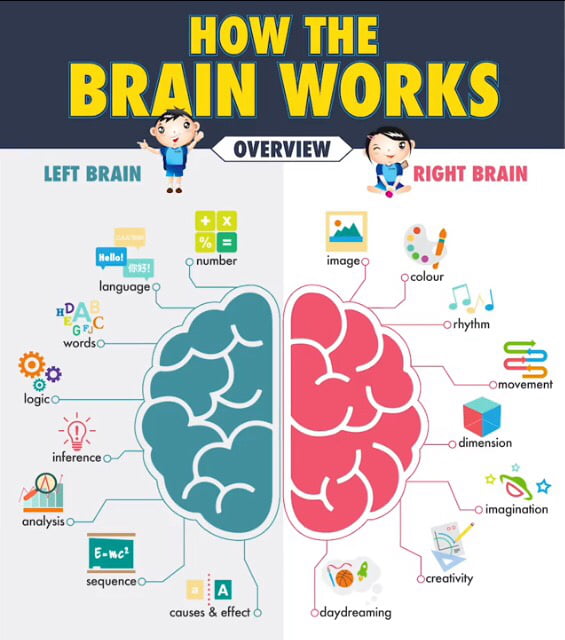
State-level studies have reached the same conclusion. A study in Washington State involving the Stanford Achievement Test scores of 873 homeschooled children found their median test scores to be in the 65th to 66th percentile range.
In fact, several studies which were conducted at state departments of education found that homeschooled students score highly on academic achievement tests.” See Review of Research: The Modern Homeschool Movement (page 408).
Additionally, in 2008, Dr. Brian Ray, an internationally recognized scholar and president of the non-profit National Home Education Research Institute (NHERI), collected academic data based on 25 years of homeschool achievement.
Dr. Ray utilized 15 independent testing services, to obtain information from 11,739 homeschooled students from all 50 states, Guam, and Puerto Rico, who took three well-known tests—California Achievement Test, Iowa Tests of Basic Skills, and Stanford Achievement Test.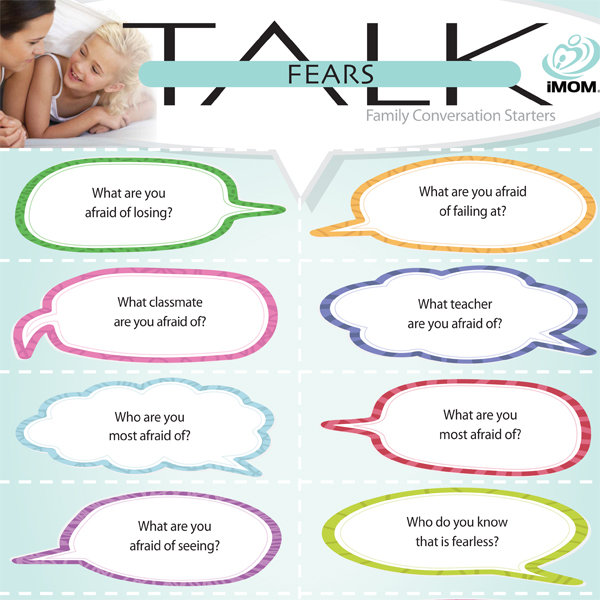
“Overall the study showed significant advances in homeschool academic achievement as well as revealing that issues such as student gender, parents’ education level, and family income had little bearing on the results of homeschooled students.”
| National Average Percentile Scores | ||
| Subtest | Homeschool | Public School |
| Reading | 89 | 50 |
| Language | 84 | 50 |
| Math | 84 | 50 |
| Science | 86 | 50 |
| Social Studies | 84 | 50 |
| Corea | 88 | 50 |
| Compositeb | 86 | 50 |
| a. Core is a combination of Reading, Language, and Math. b. Composite is a combination of all subtests that the student took on the test. |
Although the data support the notion that homeschooled students outperform traditionally schooled students on standardized tests, possibly because of the individualized attention they get in their instruction; we must consider other variables that could contribute to these findings.
For instance, the administration of standardized tests is not always monitored for homeschooled students. Depending on the child’s grade, the state he lives in, and the test itself, the assessment could be given at home, in a specified location, or at the public school.
Is it possible that homeschooled children who take standardized tests at home have the opportunity to look up information or ask for assistance? I am not sure.
What about kids that have test-taking anxiety or those who are easily distracted? They may do better too if they took a test at home.
Do the scores themselves necessarily mean that homeschooled students are doing better academically? I think it is difficult to fully determine this based on scores alone. We also know that standardized testing is not the only way to measure knowledge.
What are your personal thoughts on the reason for the difference in scores?
Another way we can measure how homeschooled students compare academically to traditionally schooled students is to compare success at the college level.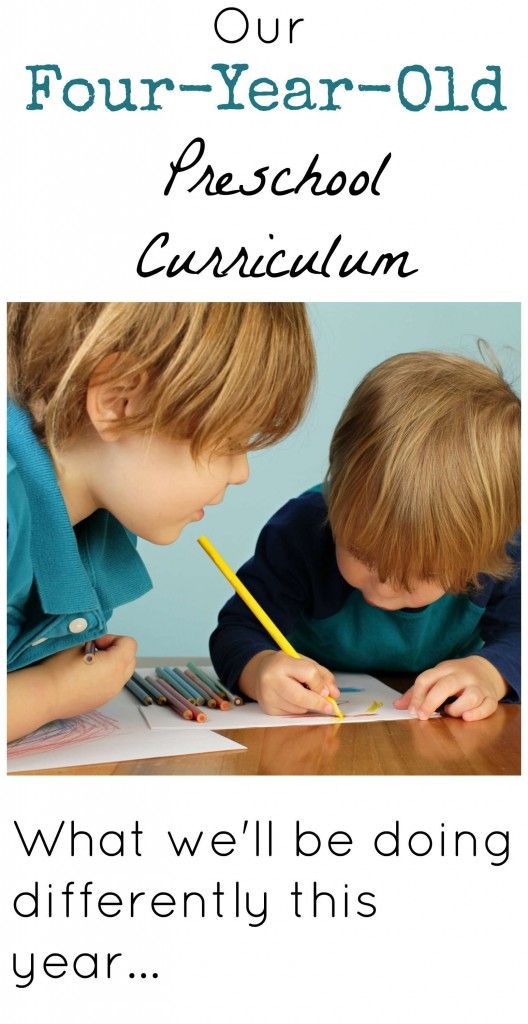 According to Online College.org “Research indicates that homeschoolers typically have higher GPAs than the rest of their class.
According to Online College.org “Research indicates that homeschoolers typically have higher GPAs than the rest of their class.
Homeschooled freshmen have higher GPAs in their first semester at college, with 3.37 GPAs for homeschoolers, and 3.08 for the rest. This trend continues with an overall freshman GPA of 3.41 vs. 3.12, and senior GPAs of 3.46 vs. 3.16, indicating that homeschoolers are better prepared for college.”
A recent study entitled College Performance: Homeschooled Vs. Traditional Students, found that “when 732 homeschoolers were compared to the full sample of traditional students, without controlling for any demographics, homeschooled students had, on average, a higher high school GPA, a higher SAT score, and a higher first-year of college GPA. However, they also had a higher socioeconomic status.
However, when the homeschooled students were “compared to a sample of traditionally schooled students with comparable SES profile, high school GPA, and SAT score, homeschooled students appeared to show no differences in their first year of college GPA. ”
”
Homeschooled students with highly involved parents or tutors likely get much more one on one time and individual instruction than traditional students. However, the level of support, and the number of resources and opportunities available to a student, might be a better predictor of college GPA, than whether a student is homeschooled.
What Does the Research Say About the Impact on Social Skills of Homeschooled Students?
According to Evidence for Homeschooling: Constitutional Analysis in Light of Social Science Research, “studies demonstrate that homeschooled students are well socialized.”
“Several studies found no significant difference in the social skills of homeschooled and non-homeschooled students. Other studies found that homeschooled children score significantly higher on social development rating scales/questionnaires.
For instance, one study using the Vineland Adaptive Behavior Scale, a well-tested diagnostic tool for measuring communication and daily living skills, found that homeschooled students substantially outperformed traditionally schooled students.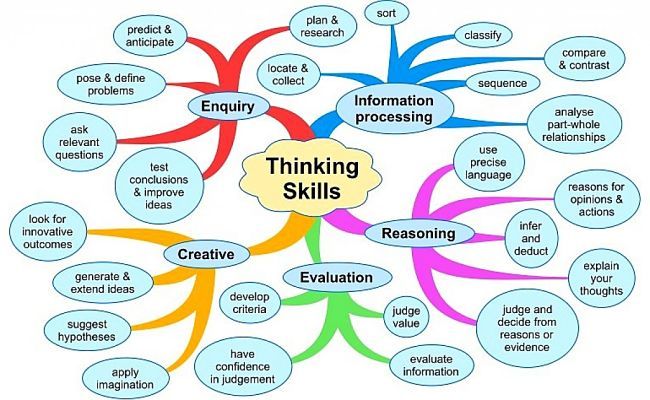
The average overall score for the homeschooled children on communication, daily living skills, socialization, and social maturity subscales was at the 84th percentile compared to the 23rd percentile for the traditionally schooled students.”
Another study applied a Social Skills Rating System to evaluate thirty-four pairs of homeschooled and traditionally schooled children between the ages of five and eighteen. The researchers found that homeschooled children achieved higher scores on this scale than conventionally educated students.
It is important to consider; however, that these are subjective questionnaires completed by children’s parents and it is difficult to determine the validity of parents’ views of their own child’s social skills. Also, some parents may not have opportunities to observe their child with peers his/her own age and what one family considers “well developed social skills” another may not.
However, when Richard Medlin, PhD, measured students’ social skills through direct observations and recorded his findings on the standardized measure known as the Child Behavior Checklist, he had similar findings to the previously discussed studies.
“Dr. Medlin compared the social behavior of a set of seventy homeschooled and seventy traditionally schooled eight to ten-year-olds, matched along demographic and socio-economic lines and found no significant differences between the two groups regarding measures of self-concept and assertiveness.”
He actually found that, based on the checklist, non-homeschooled students had more behavior difficulties than homeschooled ones. However, we must account for the fact that the findings are based on Dr. Medlin’s interpretations, which, just like the parent ratings, are subjective in nature. Because there is no test to measure social skills, we can only go off of the subjective data of checklists, questionnaires, and observations.
It is interesting to note; however, that when formerly homeschooled college students rated their own characteristics and personality traits through a standardized measure called the NEO Five-Factor Inventory – 3, they were found to be significantly more agreeable, conscientious, and open than the national sample, consisting of predominantly non-home-schooled students.
It is important to remember that traditional schooling is not the only outlet for youth to gain social experiences. Other opportunities may include music or art classes, boy/girl scouts, volunteer work, religious institutions, sports, playdates, etc.
Conclusion
To answer the question, “What does the research say about homeschooling?” Studies show that homeschooled students often outperform traditional students in achievement and social skills, but we must interpret this data carefully by considering variables such as quality of instruction, level of resources and support, social outlets, etc .
There are many other variables likely involved as well, and tools used to measure social skills are subjective in nature. Additionally, one study found that when controlling for demographics, differences in college GPA are not significant.
A parent needs to make up their own mind regarding whether or not to homeschool their child, taking into account their child’s needs, their work/financial situation, time constraints, their ability to provide the child with what he/she needs academically, the current data, and their own instincts.
But…the most concrete answer to the question of whether or not homeschooled students will suffer academically or socially is, “The research says ‘No.’”
You Might Also Like: Research Facts on Homeschooling by the National Home Education Research Institute.
Video Presentation of Article
Related Article: What is Homeschooling? Is it Right for You?
Education and Behaviorbehavior – a free research-based online library that keeps parents, caregivers, educators, counselors, and therapists on the same page!
If you found this article helpful, please share it!
Books About Homeschooling
Tools for Homeschooling
Rachel Wise
Rachel Wise is the author and founder of Education and Behavior.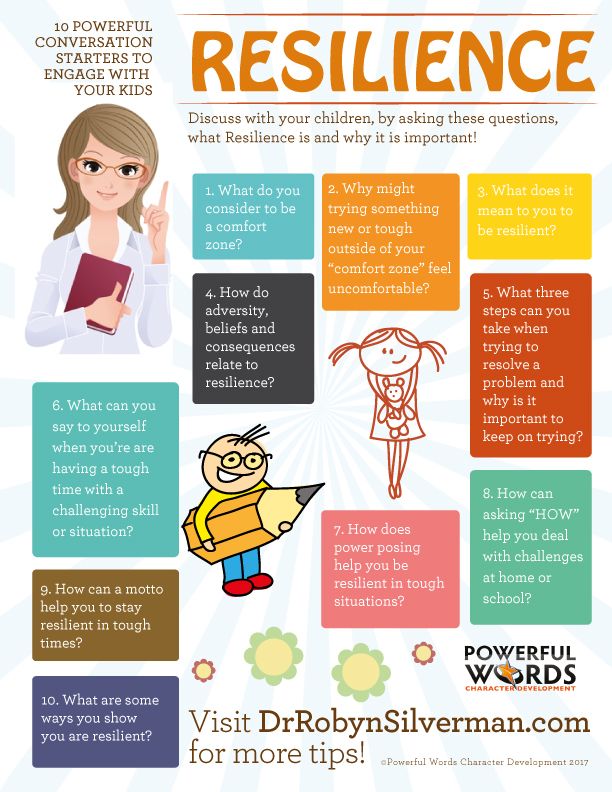 Rachel created Education and Behavior in 2014 for adults to have an easy way to access research-based information to support children in the areas of learning, behavior, and social-emotional development. As a survivor of abuse, neglect, and bullying, Rachel slipped through the cracks of her school and community. Education and Behavior hopes to play a role in preventing that from happening to other children. Rachel is also the author of Building Confidence and Improving Behavior in Children: A Guide for Parents and Teachers.
Rachel created Education and Behavior in 2014 for adults to have an easy way to access research-based information to support children in the areas of learning, behavior, and social-emotional development. As a survivor of abuse, neglect, and bullying, Rachel slipped through the cracks of her school and community. Education and Behavior hopes to play a role in preventing that from happening to other children. Rachel is also the author of Building Confidence and Improving Behavior in Children: A Guide for Parents and Teachers.
“Children do best when there is consistency within and across settings (i.e., home, school, community). Education and Behavior allows us to maintain that consistency.”
www.educationandbehavior.com
tips on how to avoid mistakes on CO
Modern schoolchildren move little, use gadgets a lot and like to eat fast food. All this can lead to problems with posture, vision, digestion and immunity.
School and child's health
Modern public schools pay little attention to the health of schoolchildren - two physical education classes a week are not enough for them. By high school, the workload increases to seven lessons a day, and after serving them, the student must return home and sit for a few more hours on homework. There is no time or energy left for full-fledged sports, and a sedentary lifestyle leads to problems with posture and the spine. Also, such an amount of study load affects vision - the student constantly looks at a book, notebook or monitor, the eye muscles are in constant tension and do not have time to relax. And this leads to myopia and loss of visual acuity. nine0003
By high school, the workload increases to seven lessons a day, and after serving them, the student must return home and sit for a few more hours on homework. There is no time or energy left for full-fledged sports, and a sedentary lifestyle leads to problems with posture and the spine. Also, such an amount of study load affects vision - the student constantly looks at a book, notebook or monitor, the eye muscles are in constant tension and do not have time to relax. And this leads to myopia and loss of visual acuity. nine0003
Few children can boast of good regular meals. The food in school cafeterias often leaves a lot to be desired, and students prefer pastries and soda to tasteless soups and cold meatballs. Lack of regular hot meals inevitably affects digestion. Plus, a lack of vitamins and constant lack of sleep due to early rises - problems with well-being and immunity are inevitable.
How to keep a child healthy
It is necessary to constantly monitor the physical health of children and teach them to do so.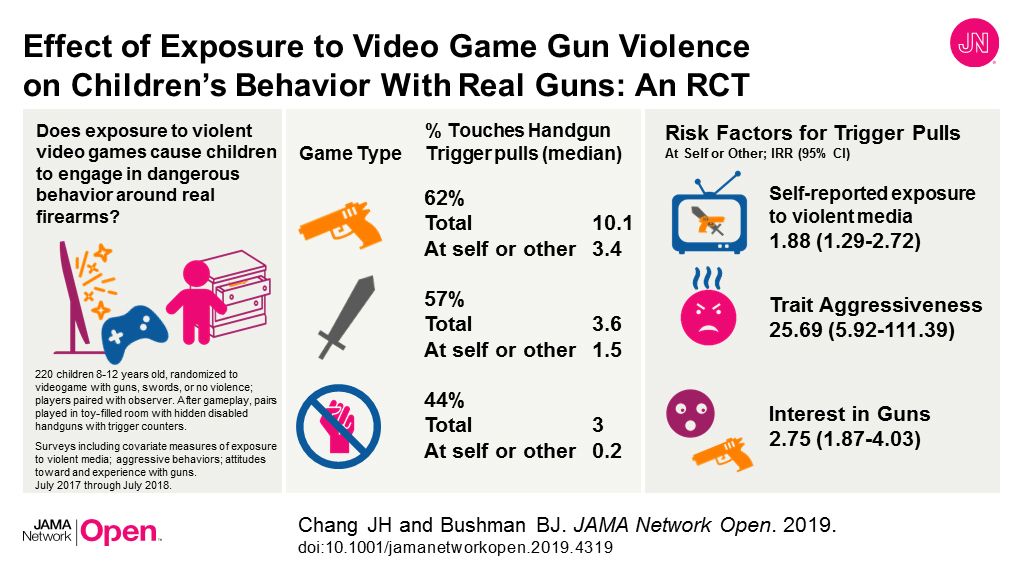 Pay attention to how the child sits at the desk, whether he eats well, whether he gets enough sleep, or if he needs help with sleep patterns. Next, we will talk in detail about each area separately. nine0003
Pay attention to how the child sits at the desk, whether he eats well, whether he gets enough sleep, or if he needs help with sleep patterns. Next, we will talk in detail about each area separately. nine0003
How to take care of your posture
Source: unsplash.com / @kikekiksNearly 60% of high school students have spinal problems. One of the causes of posture disorders is the incorrect posture of the child during a lesson or doing homework. For example, if a child falls apart on a desk or leans forward strongly towards the monitor while working at a computer. An incorrect posture can provoke pain in the back and head, the development of scoliosis, chondrosis, and other unpleasant consequences. nine0016
What to do
Speaker of the online marathon “Learning Together! We teach with love! chiropractor Dmitry Efimov advises choosing a table and chair that will “grow” with the child. It is important that when working at a computer, the child's feet are on the floor, and his hands can lie freely on the keyboard.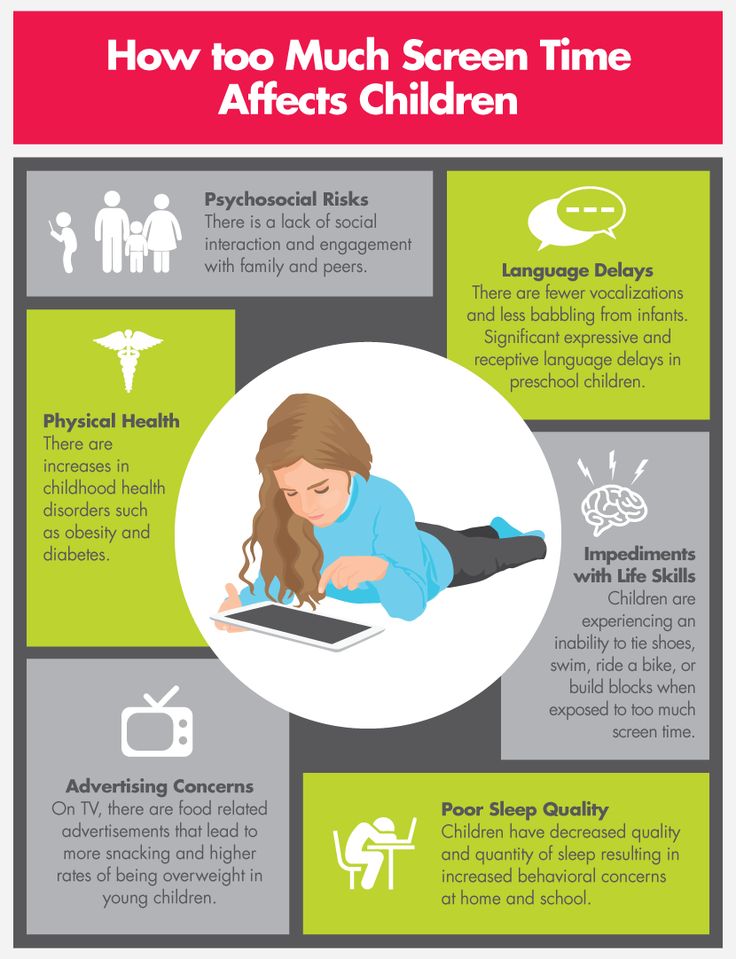 All this will reduce the load on the spine and help maintain a healthy posture.
All this will reduce the load on the spine and help maintain a healthy posture.
<
Keeping Your Eyes Healthy
Source: unsplash.com / @dandimmock
One of the most common reasons why a schoolchild may lose sight is long and systematic eye strain, when the child focuses his eyes on close objects for a long time. This can happen while reading, writing, and working at a computer. But if you follow simple recommendations, a negative impact on vision can be avoided.
What to do
To give your eyes a rest, the speaker of our online marathon “Learning Together! We teach with love! ophthalmologist Nadezhda Silakova advises to take breaks more often and do exercises for the eyes. For example, look into the distance, count to thirty, then close your eyes and move your eyes up and down, left and right, clockwise and counterclockwise. Thanks to this, the muscles will relax and blood circulation will improve. nine0003
Interestingly, schoolchildren who have switched to family education may improve their eyesight due to the fact that there is less stress in school. Here is what Irina Fomicheva, the mother of Foxford's External and Home School graduate, says.
Here is what Irina Fomicheva, the mother of Foxford's External and Home School graduate, says.
Even Sveta's eyesight has improved, as the daily routine has become more natural and the stress factor has disappeared. She is a girl of principle, and whenever she came across hypocrisy or injustice at school, she came home and threw her bag into a corner out of indignation. With the transition to self-education, the flights of the portfolio around the apartment stopped. nine0038<>
How to Eat Healthy
Source: unsplash.com / @suea
Most schools canteen menus leave a lot to be desired. Yes, and short breaks do not always make it possible to fully eat. The child begins to "bite", which may not affect digestion in the most favorable way.
What to do
If the school cafeteria is not trustworthy, you can arrange meals for your child yourself. It is necessary to prepare lunch boxes with homemade food for him daily. It is important that the diet of a teenager contains at least 50% of the proteins and vitamins necessary for a growing organism.
nine0003
It is much more convenient to monitor the proper nutrition of a child during family education. Anna Voronkova, mother of Egor, a student at the Foxford External and Home School, shares her impressions of the positive changes in her son's health.
Egor has become much calmer and happier. He gets enough sleep and eats normal homemade food, and for teenagers this is mega important.
How to strengthen immunity
Source: unsplash.com / @anniespratt
School life is a serious burden for a child's body. Stress from grades, relationships with peers and teachers, lack of sleep, viruses, and other factors can weaken the body. nine0016
What to do
Daily routine is the foundation of a healthy lifestyle. It is important to allocate time so that there is enough not only for business, but also for rest, and for walks, and for a good sleep. It is important that the child has regular physical activity. Suitable for swimming pool, fitness and any other sport.
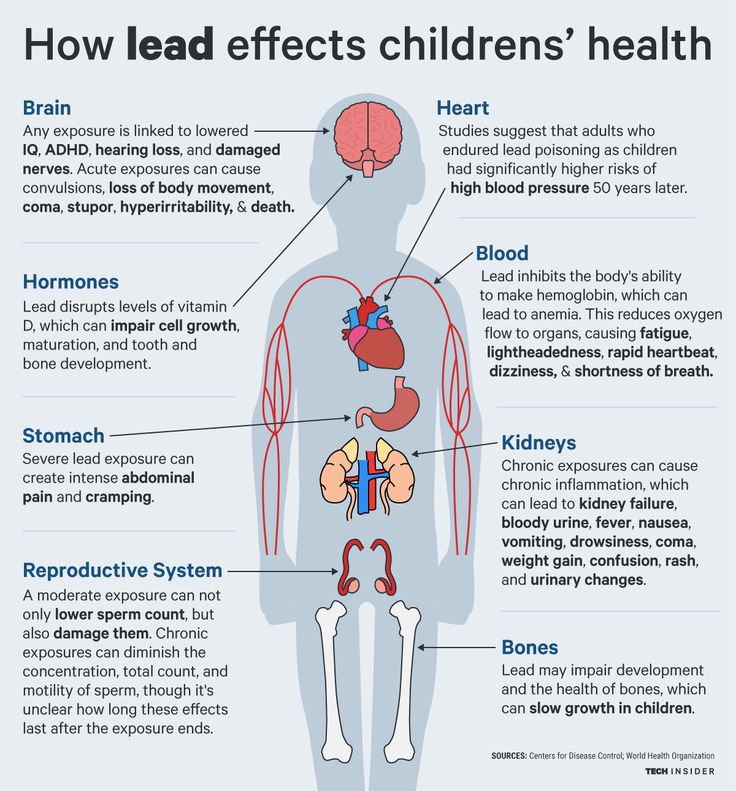
In contrast to the rigid schedule of a regular school, in family education, the schedule can be built in accordance with the biological clock of the child. This applies not only to sleep, but also to the peaks of activity during the day. nine0003
<
> Summary
By paying attention to your child's well-being and following simple recommendations, you can protect him from possible health problems. With homeschooling, this is much easier to do. The child does not experience stress associated with school, classmates, grades, studies in a comfortable environment, and parents have the opportunity to regularly monitor his health.
How is homeschooling organized in the Russian Federation and is it worth transferring a child to it
Interest in school web-based education in Russia is growing every year. The number of schools offering such services is also increasing. What are the pros and cons of studying in the family circle and is the game worth the candle?
Article content:
- Legal features
- What is important to know
- Pluses and minuses
- Instruction for parents
- Parent reviews
About the author: Petr Sergeev, scientific director of the educational online platform Uchi.
ru. nine0003
Russia does not yet maintain regular official statistics on the number of children in home schooling. At the Edcrunch conference (2019), it was stated that about 100 thousand schoolchildren chose this form of education in 2019. According to the Ministry of Education and Science, at the beginning of the 2015-2016 academic year, only about 8,500 people were studying in the form of family education in Russia (less than one tenth of a percent of all schoolchildren). The Family Education Association conducted its own research and found that the number of children in family education in Russia increased from 8452 to 15 thousand people at the beginning of the 2017/2018 academic year. But despite the fact that the numbers vary, the growth of interest in homeschooling - and explosively - is noticeable. nine0003
Primary school students are transferred to distance learning due to year-round travel or constant travel of parents (diplomats or athletes) for work.
Pupils in grades 10-11, who have consciously decided on their future profession, often ask to be transferred to distance learning - this allows them to devote more time to specialized subjects and preparing for exams. There are also exceptional situations: due to problems at school (including bullying), parents have to transfer their child to family education in order to maintain his psychological and physical health. The teaching of disabled children with preserved intelligence also falls under a special situation - it is often difficult for them to physically sit through many hours of lessons. At home, it is much easier to deal with them, making more pauses between classes and distributing the load according to the needs of the child. nine0003
Final assessments (OGE andUnified State Examination) are held only at the school on the same conditions for all students. But at the same time, the formats of intermediate quarterly and annual certifications may vary depending on the educational institution.
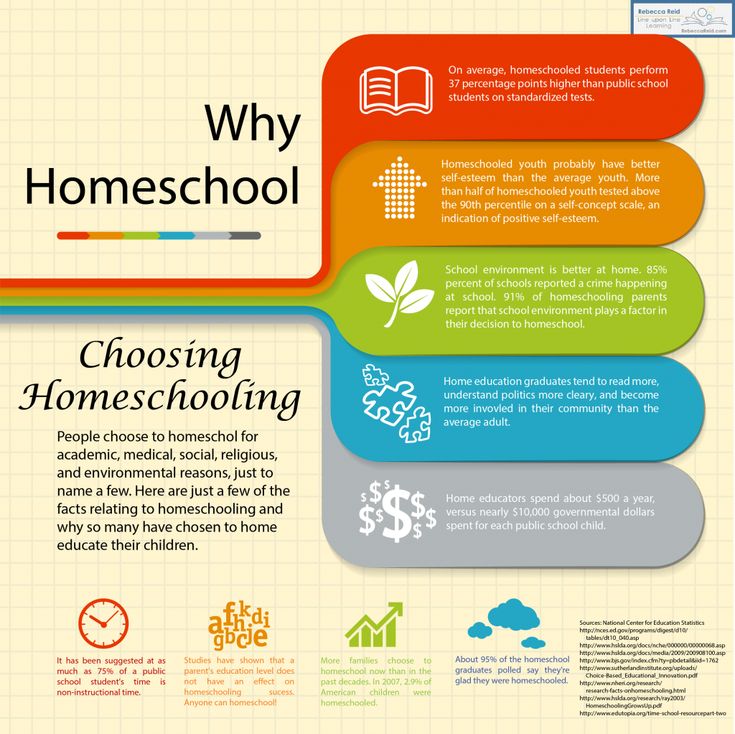
There is an article in the "Law on Education" that each school independently approves the terms and formats of the certification, so all "family families" pass it in accordance with the school "Regulations". At the same time, the format, including the remote form of knowledge control, as well as the terms are agreed with the administration of the educational institution and at the request of the parents. nine0003
Parents often prefer to teach their children on their own according to a state-approved program. At the same time, you can learn both from school textbooks and from author's methods. The main thing here is the end result and the execution of the program. On this topic, large online communities of parents have been created on the Internet, who exchange experiences and overcome problems together.
For example, many parents have concerns about their child's learning. Being in the classroom and discussing, for example, some literary work or historical event, the student receives many different opinions in a short time and learns to look for the truth among them.
Thus, the material is remembered faster. At home, when the mother acts as a teacher, it is much more difficult to get such an experience. There are different solutions for this. For example, you can watch adapted films with your child based on this or that historical event, or parents in an unobtrusive manner can periodically discuss this or that educational material with the child using some life examples, drawing him into independent reasoning and expressing different points of view. nine0003
What is important to find out before making a final decision
If a parent wants to not only transfer their child to home schooling, but also enroll him in an online school, you need to first deal with a few nuances:
It is important not to confuse family education with correspondence education. With the format of family education, the child is officially expelled from the educational institution and attached to the educational organization for certification.
In this case, the parents are legally responsible for the child's education and its results. And with the correspondence form, the child remains “on the balance sheet” of the school, and the educational institution is responsible for his education. But one way or another, parents will need to reach an understanding with the school administration of the deadlines for passing certifications and the format for conducting them. nine0003
- nine0118
also need to find out where and how to conduct dach ege i ege. kak Rujal, online -schools are assigned to school-partners, Process. city, coordinating this issue with the administration of the institution. Then future exams and certifications will be held there, which simplifies the solution of many issues.
Sometimes "family families" have problems with discounts and benefits for schoolchildren, because by law they are not tied to an educational institution.
Because of this, it is not always possible to buy train tickets, tickets to museums or movies at a children's rate for a child. With correspondence form training such questions no emerges.
Family and correspondence forms of education are the most common after the traditional full-time. But besides them, there are also non-trivial combinations, for example, part-time education, distance learning in certain subjects, and others. However, parents should understand: the more non-standard the format of study, the more issues will have to be agreed with the school administration, and you need to be prepared for such additional troubles. nine0003
Pros and cons of distance learning
The main plus is, of course, the personalization of education, adjusting programs to the individual characteristics of the child. The main disadvantage is problems with socialization.
Pros:
- Flexibility in the study of the material: you can devote more time and attention to important and difficult subjects in mastering than disciplines of secondary importance;
- Participation in the formation of the schedule, the distribution of time between class and independent work;
- Choice of forms of activities depending on the abilities and needs of a particular child: video, audio, reading or discussion of the material;
- Freedom of movement for parents and a child without being tied to a specific educational institution and daily routine.
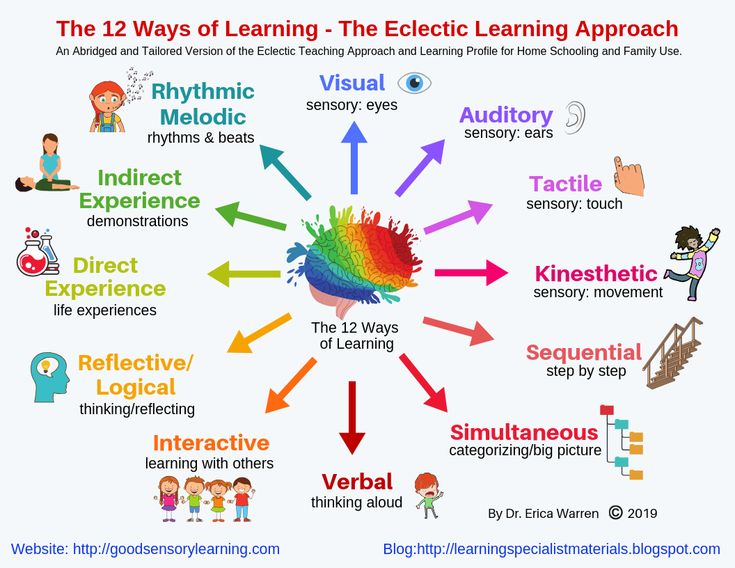
Minuses:
- Parents should not only solve the problem with socialization child, but also constantly monitor this process;
- Parents are responsible for the education of the child - this is an additional responsibility that requires time, and sometimes professional skills;
- The child is not at school - someone must control what is happening and be responsible for his life and health;
- Online learning requires some skills (and more independence 0141 ) from a child.
Despite the abundance of pluses, the existing minuses can lead to serious difficulties and problems. So, one of the parents, most likely, will not be able to work at a permanent job on a daily basis. Switching to family education may lead to higher costs (for example, for babysitting, etc.
). Therefore, before making a final decision, you need to carefully weigh each item and discuss with your family a possible change in the rhythm of life of all family members. nine0003
Quick guide: how to transition to distance learning
The process of transitioning to homeschooling takes much less time than, perhaps, the discussion and decision itself. The easiest way would be to choose a decent online school: in this case, they will “take you by the hand” and tell you what papers to send where, give you ready-made forms, attach them to your partner school and, ideally, help you resolve the difficulties that arise. Compliance with such a mechanism is a sign of a quality online establishment. nine0003
If you decide to do everything yourself, then the first thing you need to decide is which school to attach the child to for passing the test papers, the Unified State Examination and the Unified State Examination, and obtaining the final certificate. Be sure to talk to the director or head teacher and make sure that you equally understand the features of the process.
Otherwise, it will not be a calm learning, but a constant overcoming of obstacles.
Formal steps towards family education look like this:
- Notify local department of education on the decision to transfer the child to family education;
- Write an application to the school where he is studying now, about the transition to family education;
- Attach to an accredited school for certification. By the way, this may be the one he goes to now.
Please note that this process may have its own regional characteristics, which should be clarified with the local department of education. nine0003
Peculiarities of learning in an online school: the experience of parents
Let's say you have enrolled your child in an online school, and from now on, only you are responsible forthelearning process. Arewhetherhaveonlineschoollicensedand accreditation is not so important for children who are attached to regular schools for certification.
Ideally, such organizations hold a license to conduct educational activities and are registered as a legal entity, but the reputation of the school is of paramount importance. nine0141 It is best to study the reviews before enrolling, communicate with the parents of other students and the management of the institution. Approach this process in detail, because no matter what the online school promises, you will have to constantly keep your finger on the pulse and control the process.
Before signing papers, it is necessary to think over not only the schedule dayof the student, butandthelifeincludingthe main problem of the childthat worries parents In countries where online schools have been operating for decades, institutions offer students a daily schedule that includes, among other things, communication with peers. nine0003
Schedules in Russian online schools are flexible, and few offer a specific class schedule. Most often, materials are available around the clock, and parents themselves choose a convenient time for their child to study.
Some online schools offer individual class schedules, including with online tutors for an additional fee.
But at the same time, parents need to independently look for ways to socialize the child. You can enroll him in circles or in sports sections. Communication with peers is vital for the development of each person. And if in the process of learning you or a family psychologist notice a lack of socialization, you should think about returning to the standard path of school education. This issue is decided individually within each family. nine0003
The parent, who is legally responsible for the education of the child, needs to monitor and record the progress of the student in the curriculum.
Online schools usually provide convenient tools for this: a personal account, progress statistics or a personal curator. If at the end of the training it is supposed to pass some kind of formal milestone (OGE, USE, SAT, ACT, A-level, etc.), then the child will be given the opportunity to write several test versions of the corresponding exam.
Thus, you will have time to tighten up the "weak points" and improve the result. nine0003
Among the problems faced by clients of online schools, the main ones are of a technical nature. For example, the system does not recognize the child's speech, especially in foreign language lessons, and marks the voice answers as incorrect. Some parents point out errors or inaccuracies in reinforcement tests or teaching materials. Most often, such issues are quickly resolved by the institution.
There are problems with the organization of communications. In some online schools, communication with the administration is not the best way, and sometimes it is difficult for parents to get through on the phone or receive an answer to their question by e-mail. Social problems should not be ruled out: for example, not everywhere you can choose teachers with whom the child will study online (if there is such an option). And if there was a discrepancy in the characters of the student and the teacher, the process of mastering the material may be uncomfortable for both parties.
